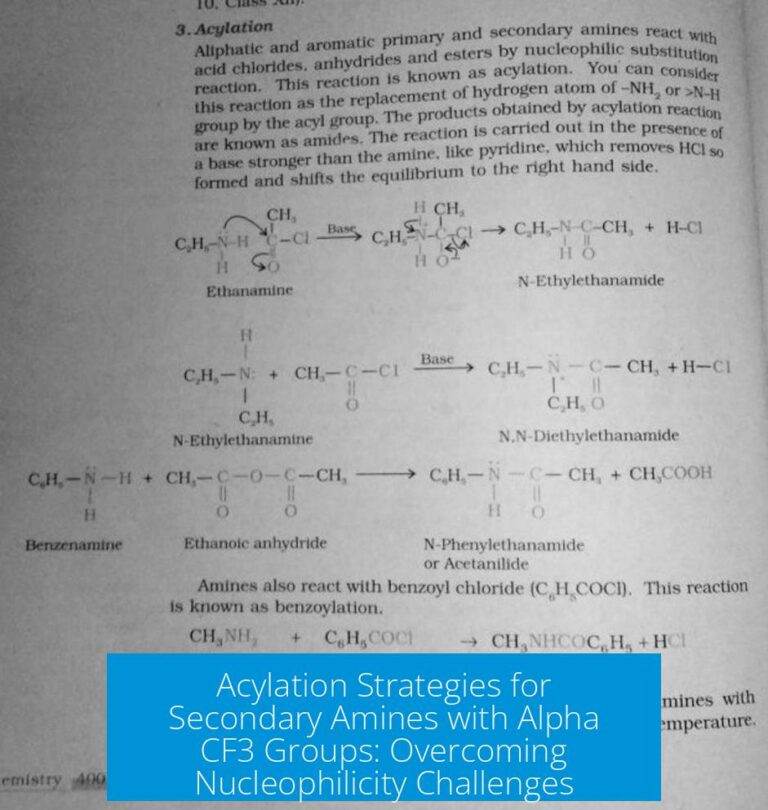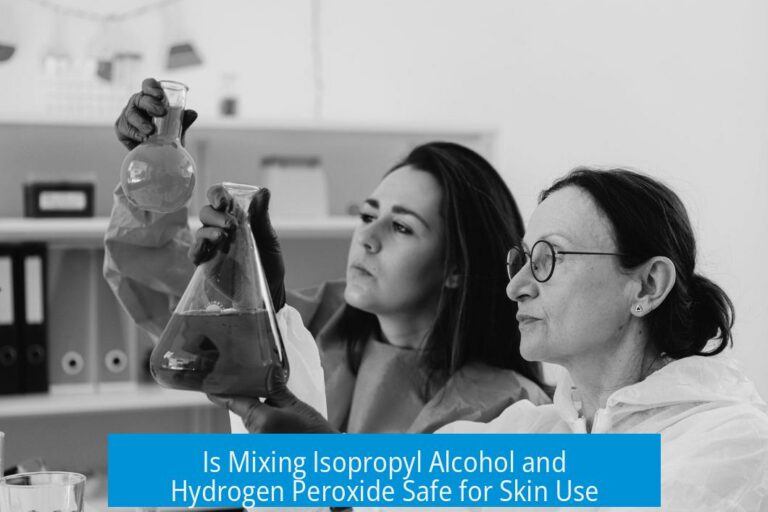How Controversial is Alexander Shulgin to the Chemistry Community

Alexander Shulgin holds a nuanced place in the chemistry community, eliciting varied reactions depending on the field and perspective. While revered within neurochemistry and psychopharmacology for pioneering psychedelic research, other chemistry segments view him with indifference or skepticism. His scientific contributions are recognized but questioned in terms of novelty and practical utility. Controversy particularly surrounds his self-experimentation and the cultural context of his work.
1. Diverse Reception Across Chemistry Subfields
Shulgin’s recognition fluctuates by chemistry specialization. Inorganic chemists commonly exhibit little awareness of his work, often responding with blank stares or polite interest. Organic chemistry students might encounter him briefly in advanced courses but typically know little beyond his name or publications.
- Inorganic chemistry contexts show minimal engagement with his research.
- Organic chemistry educational settings mention him sporadically, citing texts like PIHKAL and TIKHAL.
- Recognition tends to increase with higher academic levels; postgraduate researchers are more likely to respect his psychoactive compound studies.
2. Esteem in Neurochemistry and Psychopharmacology
Within neurochemistry and psychopharmacology, Shulgin is widely esteemed. Researchers in these specialties view him as a foundational figure who advanced understanding of psychoactive substances. Academic journals regularly publish studies building on his work.
- He is regarded as a “hero” among psychopharmacology experts, despite public stigma around psychedelics.
- Leading journals, including those affiliated with the American Chemical Society, frequently cite his findings.
- His research fuels ongoing advancements in neurochemical mechanisms of hallucinogens.
3. Scientific Critiques and Methodological Concerns

Chemists outside specialized fields sometimes question Shulgin’s scientific impact. Critics argue that his contributions lack methodological innovation and practical medical breakthroughs. His output of approximately 120 novel compounds, while productive, is not exceptional by synthetic organic chemistry standards.
Shulgin did not pioneer synthetic techniques or produce drugs with widespread therapeutic adoption, unlike inventors of chlorpromazine or lidocaine.
His fame largely arises from his work with psychedelics rather than scientific novelty. This association fuels skepticism and limits recognition in mainstream chemical research.
Self-Experimentation Debates
Shulgin’s practice of ingesting his own compounds attracts mixed reactions. Some consider it reckless or irresponsible; others see it as a form of rigorous, firsthand inquiry. Self-experimentation was not unusual in his era, yet today it conflicts with contemporary safety norms.
- Viewed as “insane” by some peers for safety risks.
- Others admire the dedication reflected in personal testing.
- No consensus exists; opinions tend to polarize dramatically.
4. Awareness and Respect Vary Widely
Awareness of Shulgin remains uneven across the chemistry community. Many chemists outside narcotic or synthetic organic niches have not encountered his name or work.
- Common responses include “never heard of him” or requiring quick online searches to understand his contributions.
- Respect depends considerably on personal attitudes toward psychedelics rather than pure chemical achievement.
- Some chemists regard him highly for chemical craftsmanship; others dismiss his work due to drug associations.
5. Academic Metrics and Citation Impact
Quantitative measures place Shulgin as a credible researcher. His h-index—between 35 and 36 in major databases—is comparable to mid-career university professors. He published in prestigious journals, including Nature, reflecting peer recognition within scholarly circles.
Books such as PIHKAL and TIKHAL are influential but not always counted in citation metrics, potentially underrepresenting his broader academic impact.
6. Inspirational Legacy in Psychedelic Chemistry
Shulgin inspires a generation of chemists working on novel hallucinogens. Laboratories specializing in psychedelic compounds regard him as a visionary pioneer whose influence extends beyond chemistry into culture and medicine.
- Scientists cite him as a foundational figure motivating research directions.
- His life’s work encourages curiosity about psychoactive substances in a scientific framework.
- Students and academics regard him as an icon in specialized fields.
7. Evolving Perceptions Amidst Scientific Renaissance
As psychedelic research gains legitimacy, Shulgin’s reputation within chemistry expands. Institutions formerly dismissive now increasingly recognize his contributions during a broader reevaluation of psychoactive compounds’ medical potential.
- More departments incorporate his research into curricula and discussions.
- The current “psychedelic renaissance” elevates interest in his methodologies and discoveries.
- Recognition grows alongside expanding clinical acceptance of related drugs.
8. Broader Contributions and Foresight
Shulgin’s work extends beyond psychedelics. He invented the first biodegradable pesticide, demonstrating versatility and environmental awareness.
He also predicted epidemiological concerns, such as the fentanyl epidemic, underscoring his deep understanding of drug trends and public health implications.
Summary of Key Points
- Shulgin is generally well respected by neurochemists and psychopharmacologists but less known or regarded in other chemistry branches.
- His scientific productivity is notable but not groundbreaking by strict organic chemistry standards.
- Self-administration of synthesized compounds is a major source of controversy.
- Respect varies greatly, often influenced by attitudes toward psychedelics rather than pure chemical merit.
- Bibliometric data support his status as a serious and influential researcher.
- He remains a key inspirational figure in psychedelic chemistry.
- Recent normalization of psychedelic studies boosts acknowledgment of his work.
- His broader contributions include environmentally conscious innovations and early drug trend analyses.
Q1: How is Alexander Shulgin viewed differently across chemistry subfields?
His work draws little interest in inorganic chemistry but gains attention in organic chemistry courses. Neurochemistry and psychopharmacology fields highly regard him for foundational research on psychoactive substances.
Q2: What criticisms exist regarding Shulgin’s scientific contributions?
Some argue his synthetic methods and compound outputs are not groundbreaking and his fame mainly comes from working with psychedelics. His practice of self-experimentation is also seen as risky by many chemists.
Q3: How aware is the wider chemistry community of Shulgin’s work?
Many chemists outside specialized subfields have limited or no knowledge of him. Recognition often depends on personal attitudes towards psychedelics rather than purely scientific merit.
Q4: What is Shulgin’s impact based on academic metrics?
He holds a respectable h-index similar to mid-career professors. His research is cited in high-level journals, showing steady academic influence beyond his books.
Q5: Has Shulgin influenced current psychedelic chemistry research?
Yes, he is considered a pioneering figure and inspiration among researchers studying hallucinogens. His legacy grows stronger as psychedelic science gains wider acceptance.





Leave a Comment